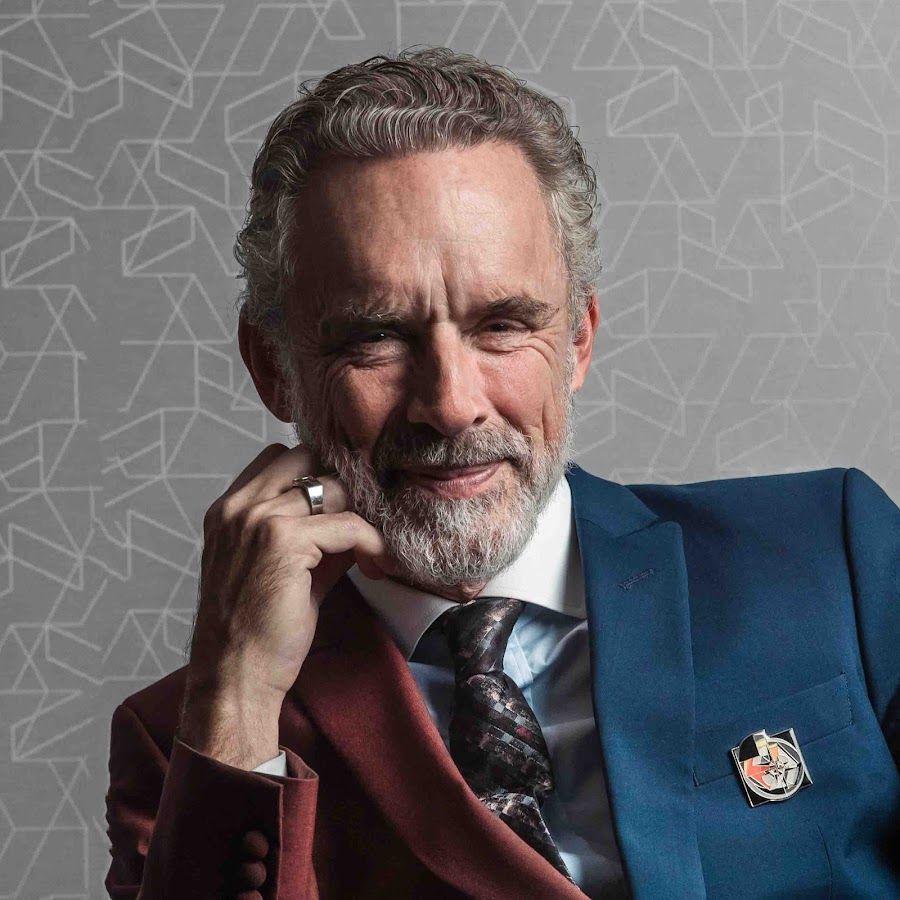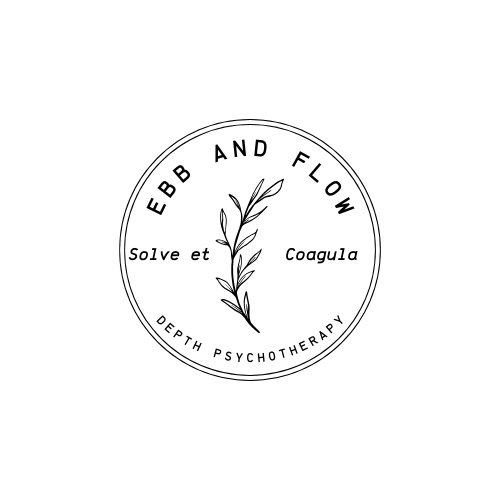A Reminder for Self-Compassion
It is difficult to accept our fallibility as humans. No matter how good our intentions, how regular our spiritual practice, how conscious we try to be of our actions, we still hurt others, sabotage ourselves, and make mistakes. This process does not cease. One of the greatest catalysts in our path is to learn to see this as the gift that it is – that we can err and be forgiven. We do not have to be perfect. Perhaps the world, our job, our partners or friends would have us think otherwise, but the impulse towards perfection is an enterprise that has already failed. If we could find this mythical “perfect” state, we would find that change must altogether cease and time would stand still, as any deviation would place us outside of perfection.
One of the advantages of the mystical worldview is that there are no anomalous events. Things do not simply occur in and of themselves, they occur in alignment with the flow of existence. The Stoics proffer that “the obstacle is the way,” much as water treats the landscape over which it travels. If one can accept the acausal nature of such a worldview, the pragmatic face of it will become apparent, particularly when applied to our relationships and presence within the world. All that occurs becomes instructive, every success and mistake a path towards personal or communal improvement and higher consciousness. It is so easy to recuse ourselves for our mistakes, one of the great sludges of spiritual development. However, looking at our errors, particularly our persistent ones, with the mindset of “what does this teach me?” mitigates the sting of our self-flagellation while accepting that what has occurred can be learned from. Our recurrent mistakes, the behaviors we engage in but wish we did not, point us to where our work is. There is the default impulse to paint ourselves as weak or stupid because we are unable to redirect our compulsive behavior. How can that be looked at differently?
Let us take the compulsive eater as an example. They understand that overeating does not help them feel like a more integrated, confident, healthy, or whole individual. The flight with which we take to our vices is fast and formidable. Yet that point of compulsion, the committing of the act occupies space in our mind throughout the day, even if we are only tangentially aware, and in the moment preceding the enactment, the drive, the need to engage in that behavior becomes insurmountable, agency-destroying. The cannabis addict will hold that time when he arrives home as sacred whether he depicts it this way or not, an act that guarantees further existence into tomorrow. It is no different for any of the activities that we “need.” Television and pornography, sex, eating, drugs, we all use these devices in similar means, to stave off the dreadful anxiety of what we cannot bear to look at. We can acknowledge our part in the compulsion, the volitional restocking of our supplies, how we have altered our physical and social environments to assist them, and we can also look with compassion upon the imperfect person set against themselves, acknowledging that there is some psychological need being met with the application of the appropriate stimulus. If we are so inclined, we can use this new perception to alter our environment and our behaviors, cementing new life-affirming rather than life-avoiding habits.
Compulsive behavior is a good example because the mistakes we make again and again are the ones that are closest to our deepest wounds, and so are most deserving of our compassion and acceptance of ourselves as humans operating to the best of our ability in the environment in which we swim. The pain of our self-defamation hints at the pain that must be known, and those compulsions lead us to water again and again, all we must do is not run away in terror. The act of seeking in material is itself a process to obtain something immaterial that feels lost or missing – in some way our compulsive behaviors make us feel whole at the moment of their consumption. Once we begin treating this not as a testament to our own badness or inadequacy but as an aspect of the Self reaching out to show us where our pain is, then already the war has ended. Conflict was never the solution, only a means towards collaboration.
While it may be pragmatic to learn from our mistakes, particularly those we make in habit, there is a simplicity and sanctity in acknowledging our fallibility and honoring it as a gift. We may miss the mark, but this is a part of our nature. We do not operate completely within the realm of instinct like other animals, but contribute something of our own conception. While this opens us to error and deviation, it also opens us to a collaboration with Nature that can bring greater abundance than either of Us can do alone. The healthiest parts of the Amazon rainforest are not its federally protected lands left to their own devices, but those that are inhabited by indigenous peoples that have created, honed, and sustained such a relationship. We err, grow, and learn. What a gift to be able to look at life lightly.


